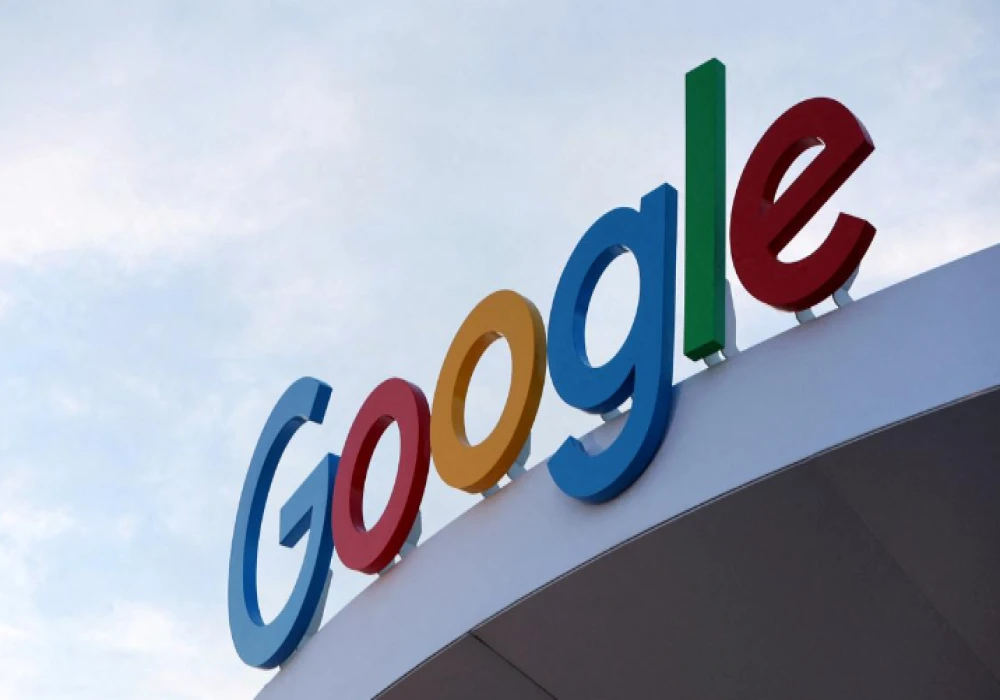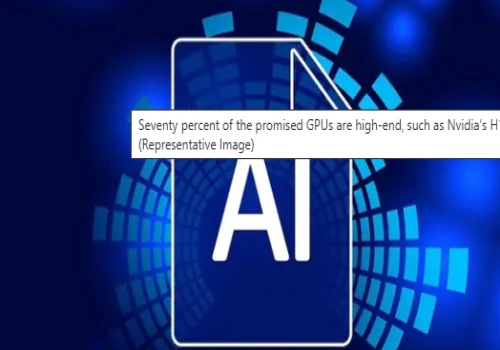
Google is making its search engine smarter with more artificial intelligence (AI), allowing people to ask questions about images and even organize entire search result pages. However, this comes with the challenge of ensuring the AI doesn't spread incorrect information.
Google announced new AI updates that build on changes made earlier this year, where the search engine began providing summaries called "AI Overviews" for certain queries. This has worried some publishers because fewer people may click on their links, which could affect their ad revenue. To address this, Google is now including more links within these AI summaries to direct users to websites.
A recent study showed that these summaries are reducing traffic to general news outlets like The New York Times but increasing visits to specialized sites like Bloomberg.
Google’s move to add more AI to its search engine shows its commitment to the technology, which is driving a major shift in the industry, like when Apple launched the iPhone in 2007. One of the main updates involves its "Lens" feature, which allows users to ask questions about objects in images. Lens is already popular, generating over 20 billion queries each month, especially among younger users aged 18 to 24.
Now, users can ask questions about what they see through their camera and get results, as if talking to a friend. This feature also includes the ability to take videos of moving objects, like fish in an aquarium, and ask questions about them.
Despite the potential convenience, AI technology sometimes gives wrong answers, which could harm Google's reputation. The company has had past issues, like its AI suggesting people put glue on pizza or eat rocks. Google claims to have fixed these problems and will start using AI to organize search results, particularly for recipe-related searches on mobile devices.










